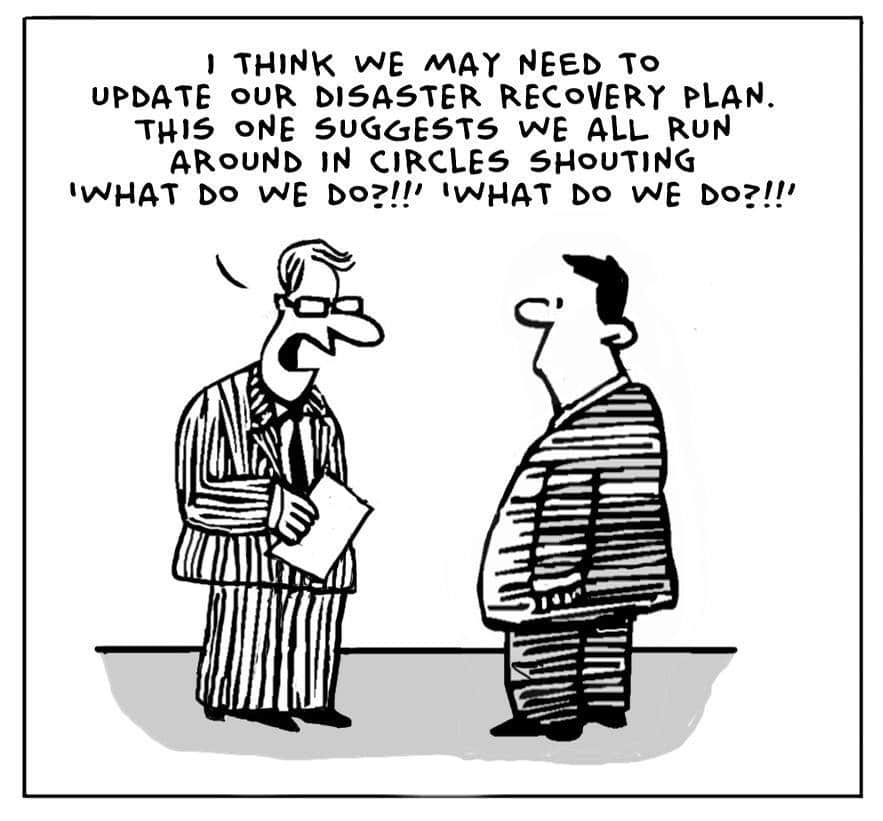
If you’ve never considered a cloud-based VoIP phone service, you’re missing out on advantages you probably never thought about before. Using on-premise phone systems might be something you’ve used for so long that you’ve become accustomed to the headaches they can cause.
But you shouldn’t be afraid of switching to a cloud-based VoIP system thanks to ease of setup and use. Because everything is internal, you’ll be saving yourself plenty of office space. You’ll also save money and time in various ways.
No More Focus on Phone Equipment and Maintenance
You may have years of bad memories taking care of your on-site phone systems when things went wrong. Likely, you can add the budget element and the wasting of time taking care of equipment that isn’t the focus of your business.
With a cloud-based VoIP system, everything is online and maintained by your provider so you don’t have to worry about taking care of a problem. This allows you to focus valuable time on your business and not on fixing technology that should already work efficiently.
The same applies to upgrades when you need them. You can eliminate the panic of needing to spend extra money to upgrade hardware.
The Mobility Factor
Thanks to being in the cloud, you can make your business as mobile as you want. Anywhere there’s an Internet connection, you can tap into your VoIP system and use it as your business phone line.
Being mobile is an essential part of business today when the need to travel is frequently necessary. At one time, routing calls from analog phones was very complicated if not impossible. Now you can be at a business meeting anywhere and be able to read messages and take or make phone calls in an instant.
This helps connect to another aspect many people don’t consider with cloud-based VoIP technology.
So How Does this Relate to Disaster Recovery?
The cloud has become a real game-changer in the realm of disaster recovery thanks to the capability of business data being stored there. What happens, though, when your physical business becomes destroyed during a natural disaster? Imagine your on-site phone systems being wiped out and being unable to make calls to customers to keep continuity going.
With cloud-based VoIP, your phone system is already online and ready to use immediately to help get back on your feet. As long as you have a recovery center somewhere and Internet service for business continuity, your phone system is there and ready to use.
Far too many customers have abandoned businesses during disasters due to business lines going down. You no longer have to worry about the dreaded fast busy signal.
After all, customers calling from other states won’t always understand why your lines are down and expect your phones to still be workable. Now you can prove to them that you thought things out technologically to help place them first.
Consider us here at 4 Corner IT for your cloud-based VoIP. We’re an established IT team with 14 years of experience in making sure the technology we offer is truly right for every business.
Contact us so we can analyze your business structure to see if cloud-based VoIP is the right choice for you.








